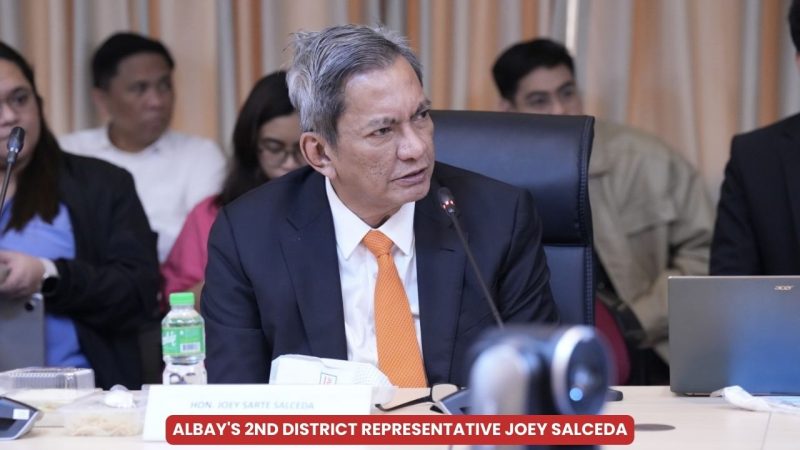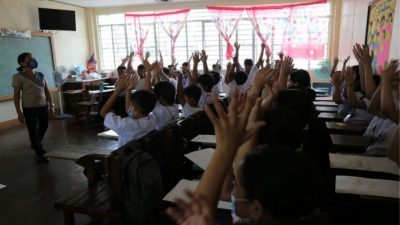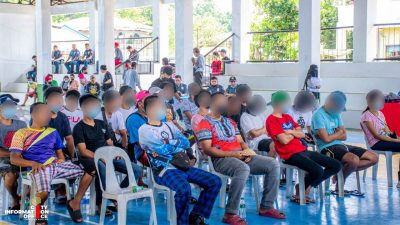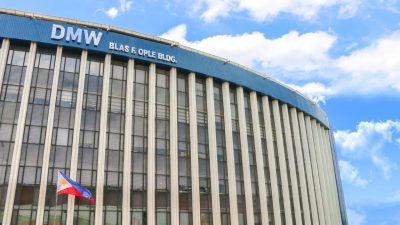By Junex Doronio
MANILA — Considering that foreign enterprises give wages that are 74% higher than that of Filipino companies, Albay’s 2nd district Representative Joey Salceda has stressed that economic Charter change (Cha-Cha) is needed to address low wages.
Salceda, head of the ways and means panel, made the statement in reaction to a Senate bill seeking a P100 legislated wage increase.
“May mga SMEs (small and medium enterprises) na hindi kakayanin iyong P600 minimum wage per day…kung plus P100…magtatanggal sila ng tao para lang kayanin ang P700. I am sympathetic, really, on wage hikes, but one reason (not to agree) is 99% of our enterprises are SMEs. Would you like to kill them?” Salceda asked.
The Bicolano solon said to achieve higher wages, it is necessary to expand the country’s economy and attract more foreign investors.
“We have to expand our economy for this and that can only be done with economic Cha-cha,” Salceda said.
Marikina’s 2nd district Rep. Stella F. Alabastro-Quimbo, the vice chairperson of the appropriations committee, also junked the proposed P100 legislated wage increase.
“When we increase minimum wage, and this is for all firms, what do you think will happen? Ang gagawin po ng mga kumpanya ay ipapasa po nila ang pagtaas ng minimum wage sa presyo, kaya inaasahan po natin ang inflationary problem,” Quimbo explained.
On Monday (12 February 2024), Salceda and Quimbo aired concerns that the micro, small, and medium enterprises (MSMEs) will be adversely affected by the P100 legislated wage hike.
However, Quimbo and Salceda said allowing foreign capital ownership in vital industries by amending the 1987 Constitution will address this lack of funding for a legislated wage hike.
“We need to deal with the sources of inflation. Increasing the minimum wage, we can do that if there is a productivity increase… We need to expand our economy, and that is why we are pushing for economic Cha-cha,” Quimbo said, echoing Salceda’s stance to expand the country’s economy.
The two economist-lawmakers cited the 2022 Programme for International Student Assessment (PISA) results wherein the Philippines placed as the sixth lowest among the 81 countries and economies participating in the study.
It was gathered that Salceda graduated cum laude with a Bachelor of Science in Management Engineering from the Ateneo de Manila University in 1982 and received his master’s degree in Business Management at the Asian Institute of Management (AIM).
On the other hand, Quimbo graduated with a Bachelor of Science in Economics summa cum laude (1991), a Master of Arts in economics (1993), and a Doctor of Philosophy in Economics (2000) from the University of the Philippines (UP), Diliman campus in Quezon City.
She was also a professor and a former department chairperson of the UP School of Economics.
(el Amigo/MNM)







